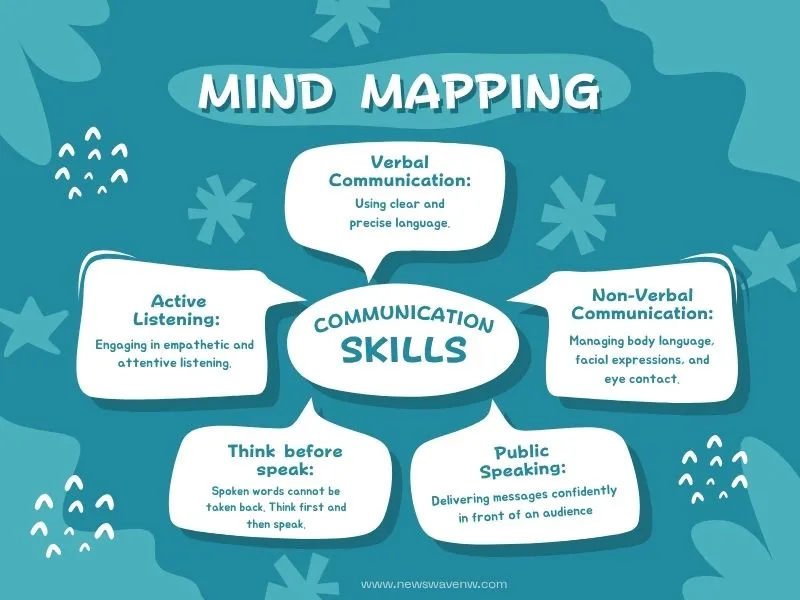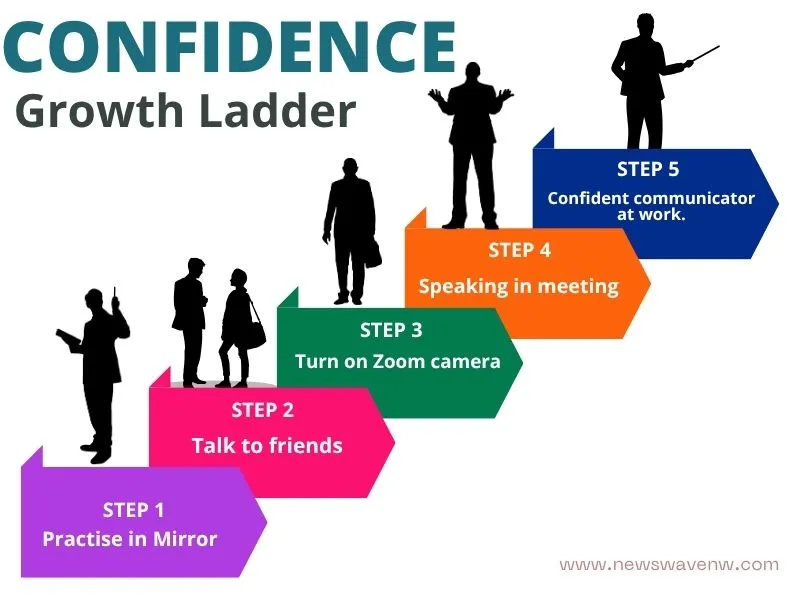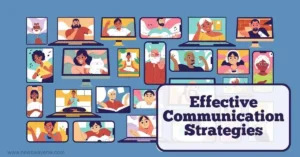Have you ever found yourself struggling to speak up in meetings or presentations, not sure how to express yourself with confidence? The good news is that you can always become better with some effective communication strategies and plans. Whether it’s at work, in online classes, or just in random chatting, the way you express yourself matters the most. Knowing a good communication strategy and plan helps build strong, healthy relationships and avoid misunderstandings. But in this digital world, it’s getting more and more difficult to communicate effectively.
So, the question arises: How can we know if our communication is effective or not? Let me remind you that “not everyone is good at communication from the beginning.” So, let’s explore some easy and effective ways to improve your communication skills.
1. Be more of a listener than a speaker
I lost a friend because I always interrupted and made suggestions instead of listening. But then I realized that sometimes, what people want is to be heard.
Here are some tips on how to listen effectively:
- Stay focused by maintaining eye contact and avoiding distractions.
- Don’t even think about interrupting when they’re speaking.
- Show interest and understanding by nodding, smiling, or using small replies like “I see” or “Yeah, that makes sense.”
Remember: Listening shows and gives respect because when people feel heard, they trust and respect you more.
2. Be clear and simple
I once sent a 500-word email full of fancy words but got returned by my boss with a text: “ Next time, use only 20 words”. So, now I aim for clarity and simplicity, not complexity.
Simple, clear, and interpersonal communication strategies:
- Get straight to the point and avoid using difficult words.
- Use simple, short, and easy-to-understand sentences.
- Organize your thoughts and be clear about what you want to say.
Remember: Your messages and emails get faster responses when they are actually readable and understandable.
3. Body language matters

People thought that I was angry at online meetings, and then I realized why they thought this. Because of my crossed arm position and frowned brows.
Use positive body language like:
- Smile to create warmth and trust, but only when it’s appropriate.
- When explaining your point, use hand gestures.
- Stop crossing your arms, as it only shows that you are not interested.
- Don’t forget to make eye contact to show confidence and interest.
- To understand positive body language better, you should see marketing communication strategies.
Remember: People notice and are attracted to how you act more than what you say or want to say.
4. Don’t be afraid to ask questions but properly
I would have been fired right now, but thank God! Asking one simple question saved me from a huge work mistake. This made me realize that clarity is more important than assuming or guessing.
How to ask questions properly?
- Consider asking open-ended questions like “What are your thoughts on this?” or “What do you say about this?”
- If you don’t understand what they said, ask them, “Can you please explain this a little more?”
- Repeat what you have heard, like, “So you’re saying we should delay the meeting?”
- Feel free to ask for feedback.
Remember: Your confusion will only disappear when you start asking questions properly. This will also keep the communication flowing.
5. Think Carefully Before Speaking
Once, I said something to my colleague in anger and frustration and regretted it for several days. Now, I pause and take a deep breath to remember what I have to say. You can also take a look at examples of communication strategies to save yourself from long apology letters.
Simple tips for carefully thinking:
- Ask yourself: Is this question necessary? What I’m going to ask is, help them or hurt them? Is it kind or helpful?
- Take a pause and a moment before you reply.
- Be careful with your words.
- Think carefully about what you want to say before saying it.
Remember: Spoken words cannot be taken back, so pausing and thinking before speaking is important.
6. Practice Empathy
I remember judging my coworker for being too quiet in every single meeting. But once I spoke to her politely, I found that she struggled with social anxiety. Look, how simple it was to understand other person, but we tend to judge them without even understanding how they feel.
Examples of Empathy in communication:
- Try to be in their shoe and see things from their point of view.
- Don’t use harsh or disrespectful words, even if you disagree.
- Say sentences like “I understand that this might be difficult for you.”
Remember: Empathy is a soft tool that makes the other person feel heard and seen.
7. Adjust your Style for Effective Communication Strategies and Plan

Let me tell you a hilarious and embarrassing story. I once texted my manager “lol” out of habit and got extremely embarrassed when I confronted him after this incident. So now I’ve been learning some communication strategy examples to be more careful of who I talk to.
Easy ways to adjust your communication style:
- Be professional and direct with colleagues and bosses.
- Be relaxed, playful, and warm with friends and family.
- It’s better to stay calm and avoid harsh tones in conflicts.
Remember: Flexibility makes communication flow smoothly. Adjusting your style actually shows you’re respectful toward them.
8. Start working on your confidence
I used to avoid opening the camera on Zoom meetings because it felt awkward. But one day, I mistakenly left it on, and no one cared. This mistake gave my confidence a huge boost.
How to improve confidence in communication:
- Practice speaking, even with friends or in front of a mirror.
- Don’t rush, as it makes you sound nervous. So, speak slowly and clearly.
- Sit or stand straight and firmly.
- Always believe in what you are saying.
Remember: Your confidence needs practice to grow. The more you practice, the easier it will get.
Explore more captivating articles and inspiring stories.

Final Thoughts
Good and effective communication is like a bridge that helps you connect with others, solve problems, and grow stronger in every aspect of life. It’s not about being perfect; it’s about continuously practicing being kind, clear, and understanding.
So, start using these effective communication strategies and plans one by one. With a bit of time and effort, you’ll see a big difference in how people respond to you and how much better you know and understand them, too, both at work and in life!













